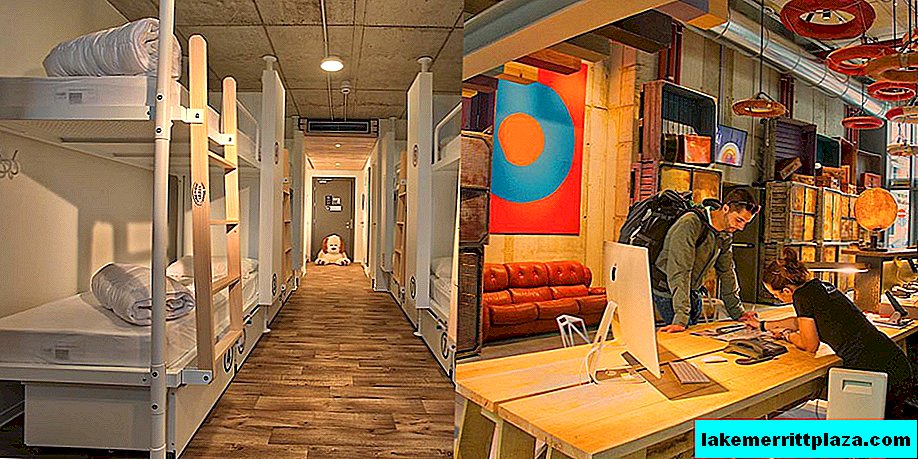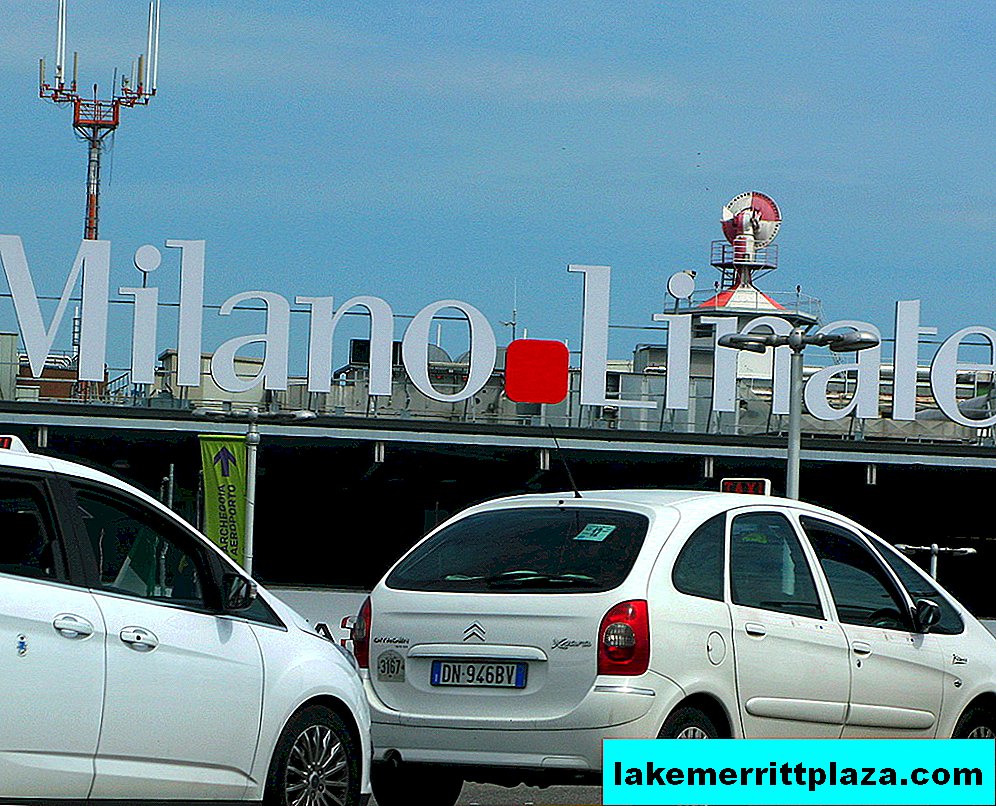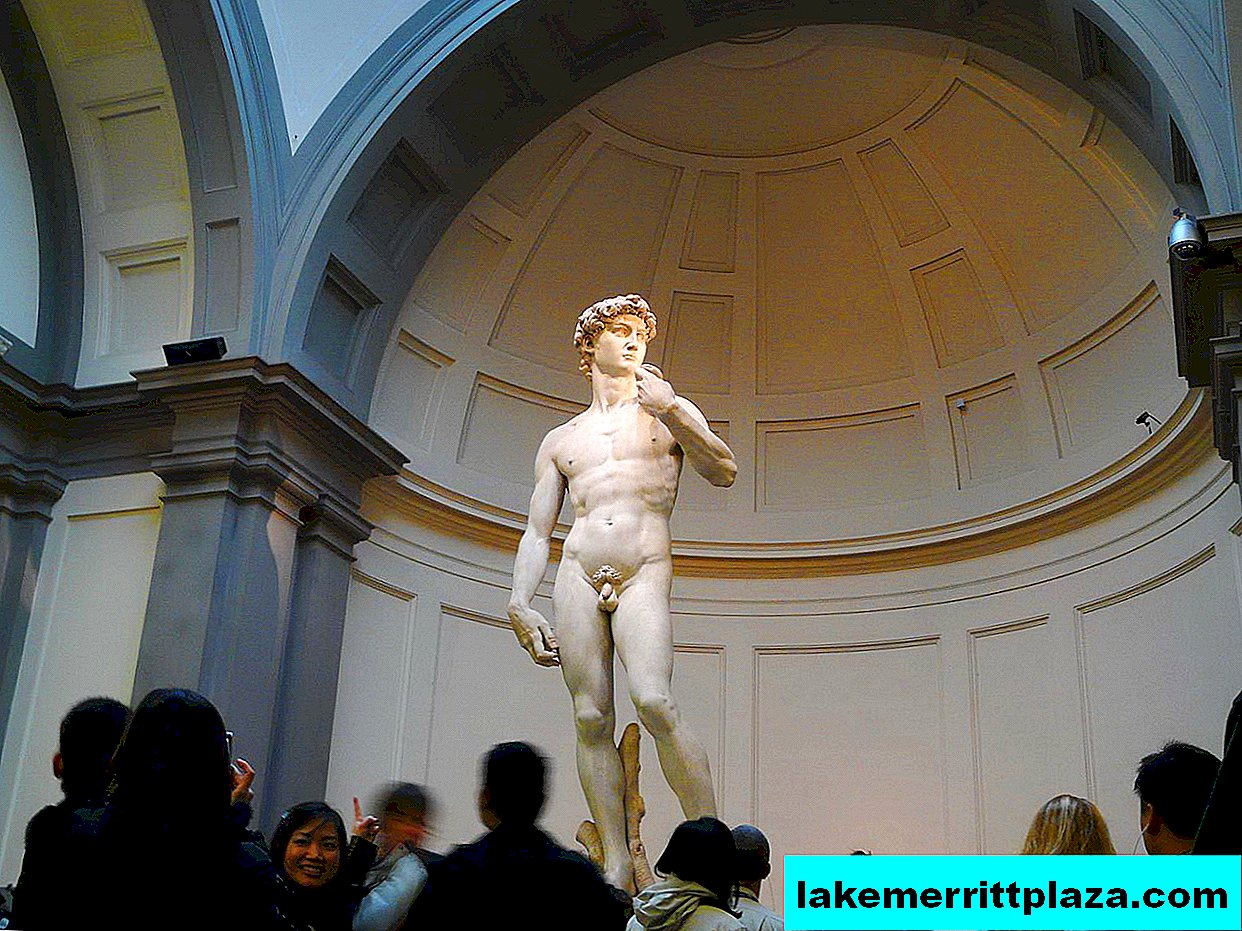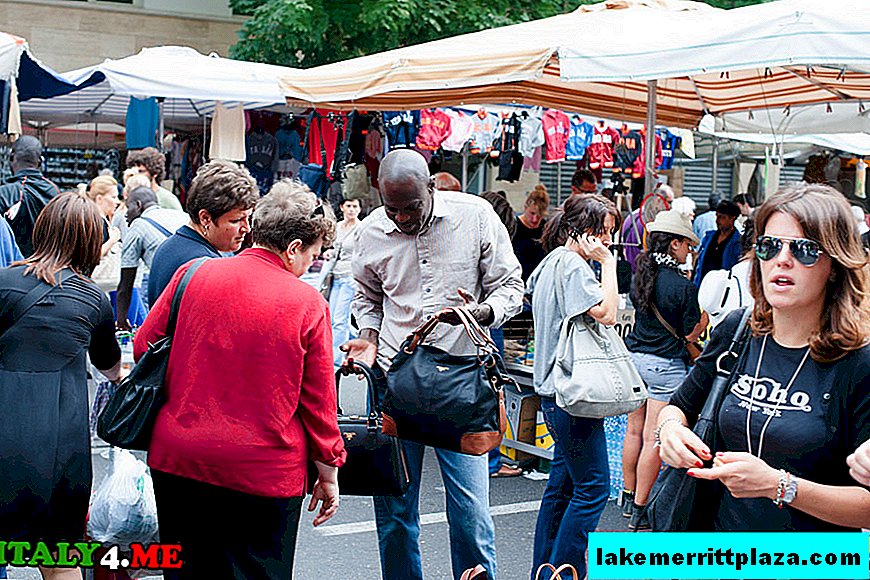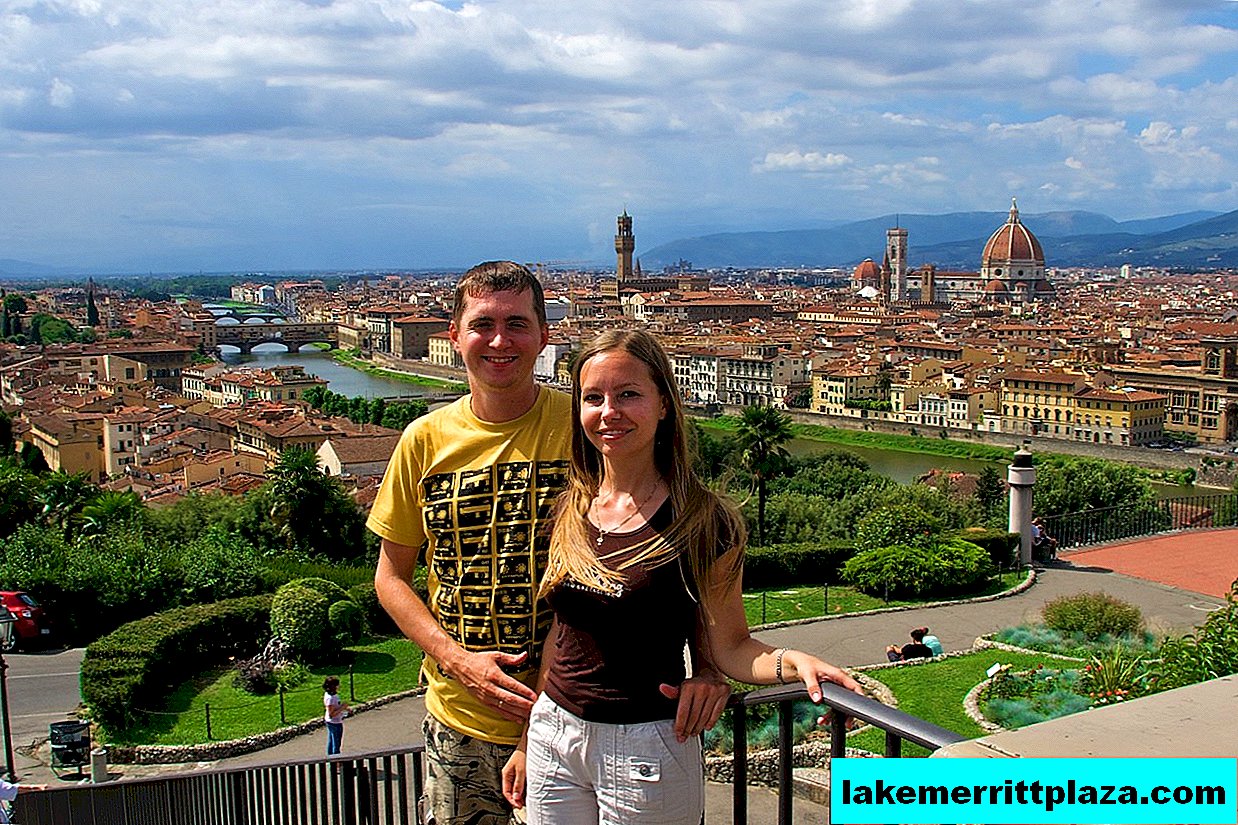The history of Sailinn restaurant dates back to 1988, when Giampiero Colli acquired this establishment. Keeping up with the times, overcoming difficulties and striving for excellence, this place has gained success among sophisticated tourists and local residents, connoisseurs of Italian cuisine. It was Giampiero's fascination with this world that turned him from a cook into a successful restaurateur.
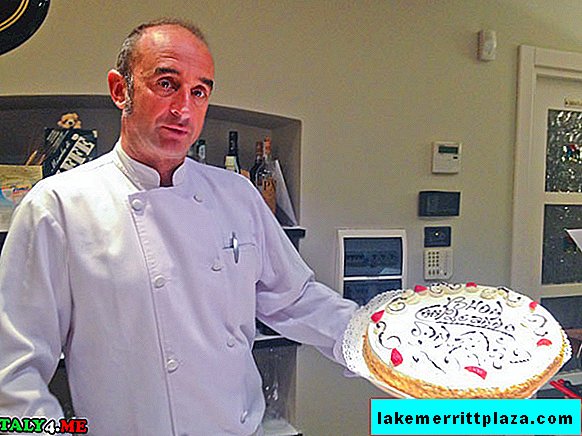
Interview with restaurateur and chef Giampiero Colli
Our conversation took place in the cozy atmosphere of his restaurant, located in the small town of Alassio on the Ligurian coast of Italy. Giampiero Colli, the owner and chef of this chic establishment, was able to create a place whose popularity spread far beyond the city limits. In an interview, he shared the secrets of success with our readers.
- How did it all begin?- I started with a specialized school, after which, at the age of 23, I bought my own restaurant and have been a restaurateur for 27 years.
- Your parents dragged you into this sphere of activity?- No, this is a hobby that I have had since childhood, it is both a job and a favorite pastime.
- What is the most important in your work?- A serious approach to business.
- Why did your choice to open a restaurant fall on Alassio?- I was born and have lived all my life here, and given that the city is a tourist, one of the motives for life and the future was the opening of commercial activities related to tourism. By the way, Russian-speaking tourists are frequent guests in our restaurant, and we offer a menu in Russian.
- Your restaurant is popular far beyond Alassio, did you expect such a success?- Commitment to business has always been an indicator of success in my career, and for this purpose I have put quite a bit. As you know a lot of work, sooner or later, you get the desired result.
- Did someone help you in creating your restaurant?- No, I did everything myself.

- What qualities should your employees have?- Punctuality, seriousness and cleanliness.
- Design is often confused with the atmosphere, which is more important in your opinion?- From my point of view - the atmosphere.
- What relations should be between restaurateur and customers?- Friendly relations. And so that the client does not feel disregarded, I myself take part in the service.
- Food for Italians is practically a religion, why is this attitude formed?- Traditionally, Italian cuisine is the most important for us, and such a close relationship with food is due to the fact that for Italians the cuisine is fundamental, it is the basis of the foundations, and we respect it.
- Is Italian cuisine different in every region?- Yes it is. We offer typical Ligurian dishes, but with an international trend.
- Typical dishes of Liguria?- Ligurian rabbit (Coniglio alla Ligure), Ligurian fish (pesce alla Ligure), Pesto, spaghetti with seafood Ligurian (spagetti alla frutta di mare alla Ligure).
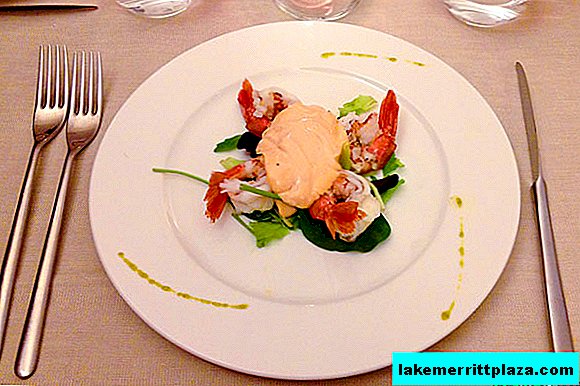
- The most popular dish of your restaurant?- Summer Fritto (Fritto Estivo), spaghetti with Lampara (spaghetti alla Lampara).
- What dishes are your favorite as a chef?- All first courses.
- How important is it to select wine for the dish?- Very important.

“Did you graduate from sommelier school?”- Yes, in Italy. Knowing wines for me personally is a great hobby, especially champagne.
- Is your restaurant more popular because of the cuisine or because of the wine list?- I think more likely because of the kitchen. But we have a huge selection of wines and other alcoholic drinks.
- Do you plan to develop as a restaurateur?- Yes, my dream is to open a restaurant in Monaco, but for this I need to find investors.
- What would you recommend to a person who wants to open a restaurant?- It is necessary to sacrifice a lot, but no one wants to sacrifice; only victims, and, of course, knowledge and talent, you cannot become a restaurateur in a day, this type of activity is very complex.
- Is there a golden rule in which restaurateur's success lies?- We must always look for new ways of development and never give up. Either do everything to become the best, or you will become one of many.
Address:
Via Brennero, 30 17021 Alassio (SV), Italia.
Tel: 0182.640232.
www.sailinnalassio.com

